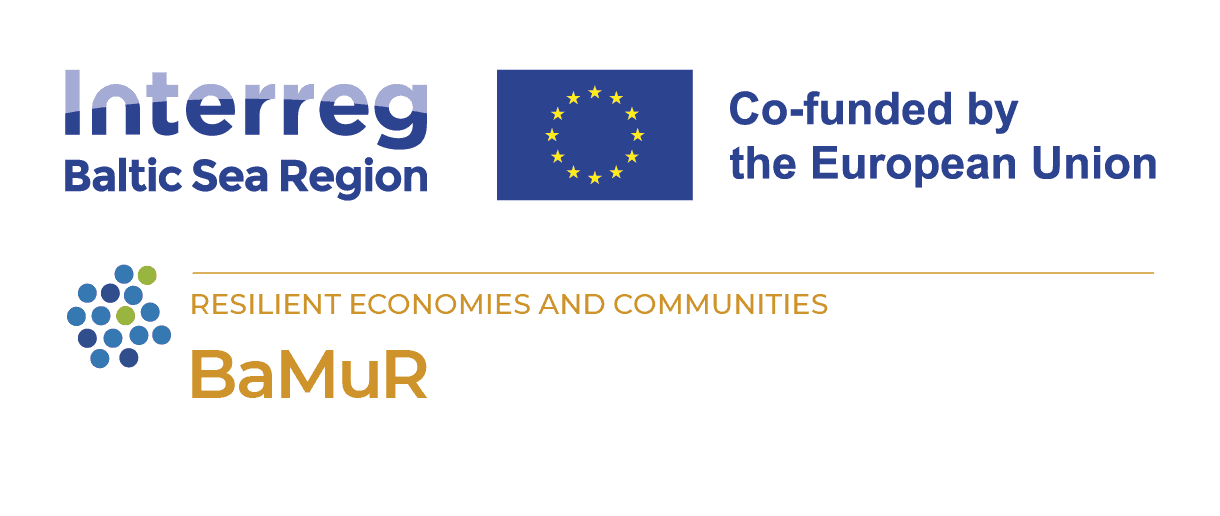
Pilot action on the museum's governance and business model in Estonia
06 March 2024
Background
The Estonian (military) heritage and materials related to conducting the research of the past are to a considerable extent digitalized and accessible to researchers online. The bulk of material available online is massive and continuously growing. It makes the work of the researchers easy and convenient: one does not have to travel physically to the archive to work with the materials, but they are accessible online, from your desk.
However, the materials do not contain a register or similar. In other words, the title of the digitized archival document could be quite broad. It means that the researcher still must go through the document page by page to find out what the correspondence is about, who, which locations or events are mentioned etc. It takes a lot of time and effort.
The latter problem has been partially overcome my crowdsourcing initiatives where several researchers have the possibility to work on making a register for an archival document. But these online registers mainly focus on collecting the names and personal data of the persons concerned, but they are not relational and there are frequent duplicates in the register.
What solution can be proposed?
The goal of the pilot project is to improve the situation by making a relational and duplicate-free-to-improve crowdsourcing-based online register. To this end the Estonian War Museum uses information provided in the (bi)weekly journal “Sõdur” (“Soldier”, 1919-40).
In order to create the database, the museum intends to use volunteers for whom a training course will be created to ensure that the database created is highly functional and qualitative.
The process of involving volunteers and the effects of the implemented pilot will be presented in a separate report, which will be made available on the Baltic Museum Resilience project website.





